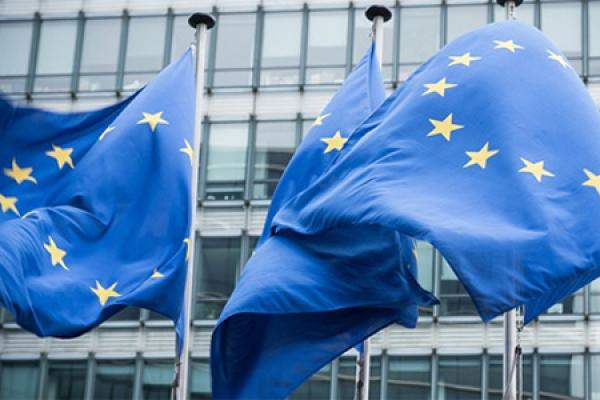Latest News

This Saturday in Georgia was the day of local elections, amid a period of extensive crackdown on dissent. Months of raids on independent media, the passing of laws targeting civil society, the jailing of opponents and activists or amendments to the electoral code favouring the ruling party...

Georgia's Foreign Agents Registration Act marks a serious setback for the country's democracy.

The new legislation, including Foreign Agents Registration Act and Law on Broadcasting, adopted by the parliament, without due public consultations, give additional tools to the Georgian authorities to supress dissent and tighten the policy of repression.

We are witnessing the Georgian authorities taking further steps away from democratic standards. The rushed adoption of amendments to the Code on Administrative Offences, Criminal Code and the Law on Assemblies and Manifestations will have far-reaching effects on Georgian society.
ENI 2019/C(2019)8383/Annual Action Programme for Georgia
- ENI 2019/041-936/Revised Action Document for EU4 Human rights in Georgia
- ENI 2019/041-934/Revised Action Document for EU4 Integrated territorial development
- ENI 2019/041-937/Action Document for the European Neighbourhood Programme for Agriculture and Rural Development in Georgia, phase IV (ENPARD Georgia IV)



